We think of love as something mysterious, sublime, even divine, something that can only grow and be sustained organically. But love is just a human emotion with a biochemical basis that can be altered and manipulated. So what if we could ‘hack’ love and change the way we feel about our partner, say, at a difficult moment in our relationship, by taking drugs? Would that cheapen the love we feel for them? Would it make it less ‘authentic’? Despite some potentially negative consequences, Anders Sandberg argues that love-hacking can improve our lives, but also give rise to new types of relationships that wouldn’t be possible otherwise. Read the full interview below.
What do we mean when we say that love can be hacked?
Hacking, in a generalized sense, is about changing something by manipulation outside the normal ways we change it.
Love, like all our emotions, is built on a biological basis. There are neurons firing and chemical signals. That means we can "hack" it by influencing these - we have the option not just to talk, go to couples therapy, write poetry, speed date, read handbooks, or any of the other countless normal ways we influence how we love.
The idea of a “love potion” that can make someone fall in love with a particular person has been around since antiquity. Isn’t part of what explains the endurance of this human obsession that love is too complex a phenomenon, too mysterious, almost divine (think of Eros/Cupid) for humans to be capable of manipulating it?
We like to think many things are mysterious and divine and forever beyond human understanding, giving a lovely sense of awe. Then, quite often, we discover that we can protect our houses from lightening, that we can cure the previously incurable disease, or understand why nature does what it does. That doesn't necessarily destroy the awe; the miracle of birth is still a miracle even if we understand genetics and development. The moon is still Selene or a signpost for enlightenment while also being a sphere of rock orbiting 300,000 km away. When William Blake complained about Newton unweaving the rainbow he assumed one could only look at a thing through one perspective, not several. I think love is a grand example where understanding all the different perspectives add profundity.
(Then again, love potions, as I argue in my papers, are in themselves problematic from a moral standpoint: if the only reason I love someone is that I drank something, it seems to be a rather inauthentic kind of love not linked to me, them, or anything we have in common.)
Does love have to be a kind of feeling, a mental state, in order for us to be able to manipulate it by certain drugs?
___
___
Yes, love is a mental state. We can imagine "philosophical love zombies" that do all the behaviours of a loving person without experiencing anything. Does it seem correct to say that they are in love? The scenario seems to lack something important - love is a mental state, and it has both information components (who do you love?) and emotional components (what is being felt?) Obviously, emotions and consciousness can be manipulated by drugs - ironically it is trickier to manipulate the information contents of our minds.







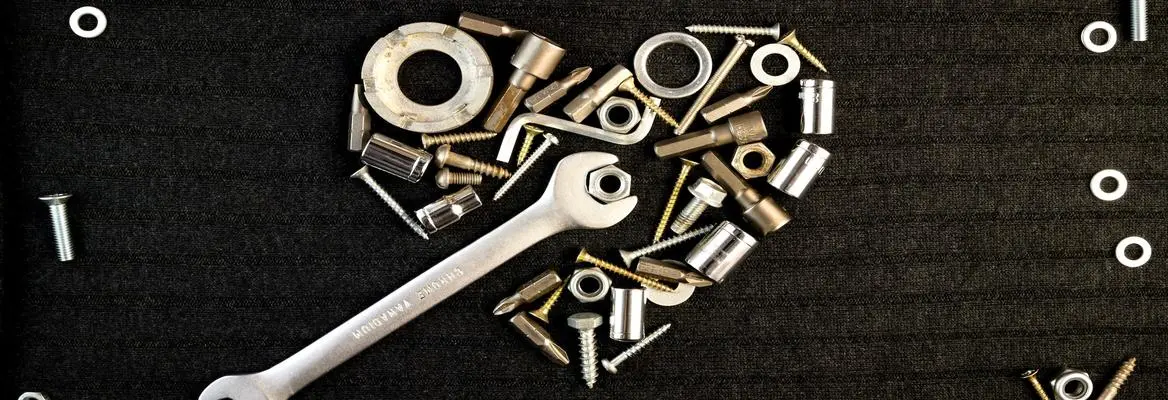


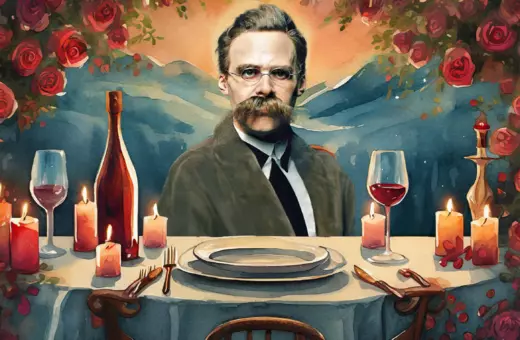
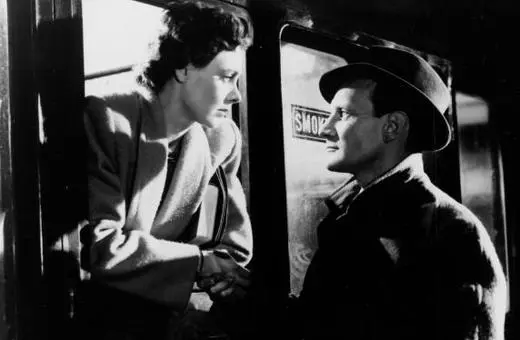
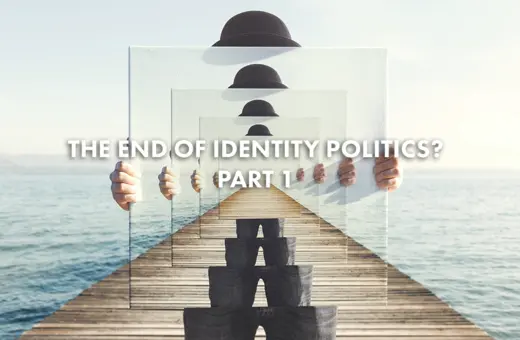
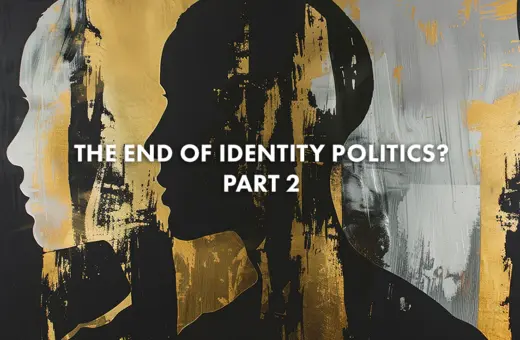
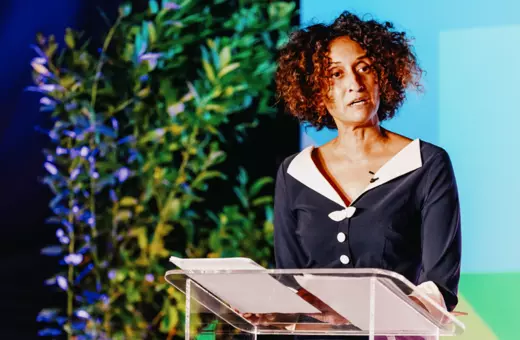
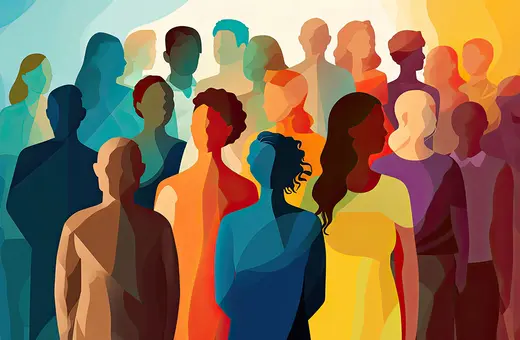
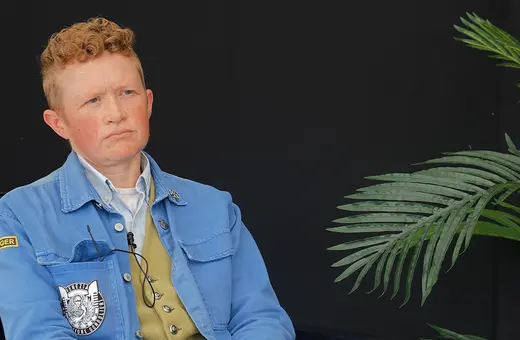




Join the conversation